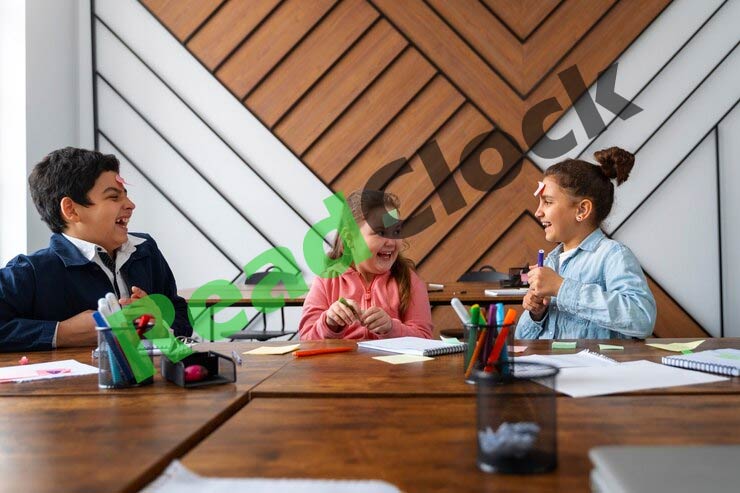A recent Supreme Court judgment has advocated for the establishment of child-friendly courts, having specially trained judges. The Supreme Court has emphasized that the welfare of minors should be “the foundational principle” in custody decisions. Justice Athar Minallah in his landmark ruling asserted that the courts must assess and determine a course that would serve the best interest of the minors.
This verdict came on a family dispute where a petitioner challenged the Lahore High Court’s decision in the Supreme Court, which upheld the lower court’s decision to grant custody to the father. This ruling has highlighted other crucial aspects such as the impact of the court’s atmosphere, the need for specialized training for judges, the provision of childcare, and Article 35 of the Constitution of Pakistan, 1973, which mandates the state to “protect the marriage, the family, the mother, and the child.”
Challenges in Conventional Court Systems
Undoubtedly, the conventional court system poses significant challenges for children involved in legal proceedings. The court’s atmosphere is often intimidating and hostile and can be particularly distressing for young victims, witnesses, or even child offenders. The lack of child-friendly practices within these courts exacerbates the trauma experienced by children and undermines the pursuit of justice tailored to their needs.
Benefits of Child-Friendly Courts
Having a child-friendly court system would minimize the trauma children may experience in traditional court settings and ensure that their rights and best interests are upheld. The special measures taken by such courts include child-sensitive questioning techniques, the use of one-way mirrors to prevent confrontation with perpetrators, and the presence of trained professionals such as child psychologists to provide support during proceedings.
Enhancing the Pakistani Judiciary
Therefore, if the Pakistani judiciary aims to improve the court’s atmosphere for children, it needs to ensure that the justice system is accessible, sensitive, and responsive to the needs of children. These courts must adopt best international practices that may align Pakistan with global standards and practices, thereby protecting the rights and welfare of children involved in legal proceedings.
Learning from International Practices
The developed countries have already equipped their courts with high standards for legal systems that can accommodate the unique needs of children. For instance, one of the most notable features of the UK’s child-friendly court system is the extensive use of video links and other testimonial aids to protect children from the trauma of facing the accused in person. Children can give evidence from a separate room via a video link, which significantly reduces the stress and anxiety associated with courtroom appearances, especially in rape cases. This approach not only protects the child’s emotional well-being but also helps them provide clearer and more reliable testimonies.
Providing Emotional and Psychological Support
Additionally, recognizing the importance of emotional and psychological support, UK courts provide access to a range of support services for children. This includes counseling and legal assistance tailored to the needs of young participants. The presence of child psychologists and social workers ensures that children receive the support they need throughout the judicial process, helping them to cope with the stress and emotional impact of legal proceedings.
Enforcing Juvenile Protection Laws
It is important to extend empathy and sensitivity to every child, who is subjected to legal proceedings including juveniles, witnesses, and victims. In this regard, the Juvenile Justice System Ordinance, 2000 — an exemplary law aimed at rehabilitating juveniles in society — must be enforced. This ensures that children are not subjected to handcuffs, corporal punishment, labor, or harsh sentences. Instead, the state should guarantee their medical and legal aid, special courts, speedy trials, and protected identities.
Educating Citizens on Child Protection
Lastly, every citizen should be educated about child protection laws to ensure that our most valuable resource — our children — is never left vulnerable. This holistic approach will help create a judicial system that genuinely serves the best interests of minors and aligns with international standards for child welfare and protection.

